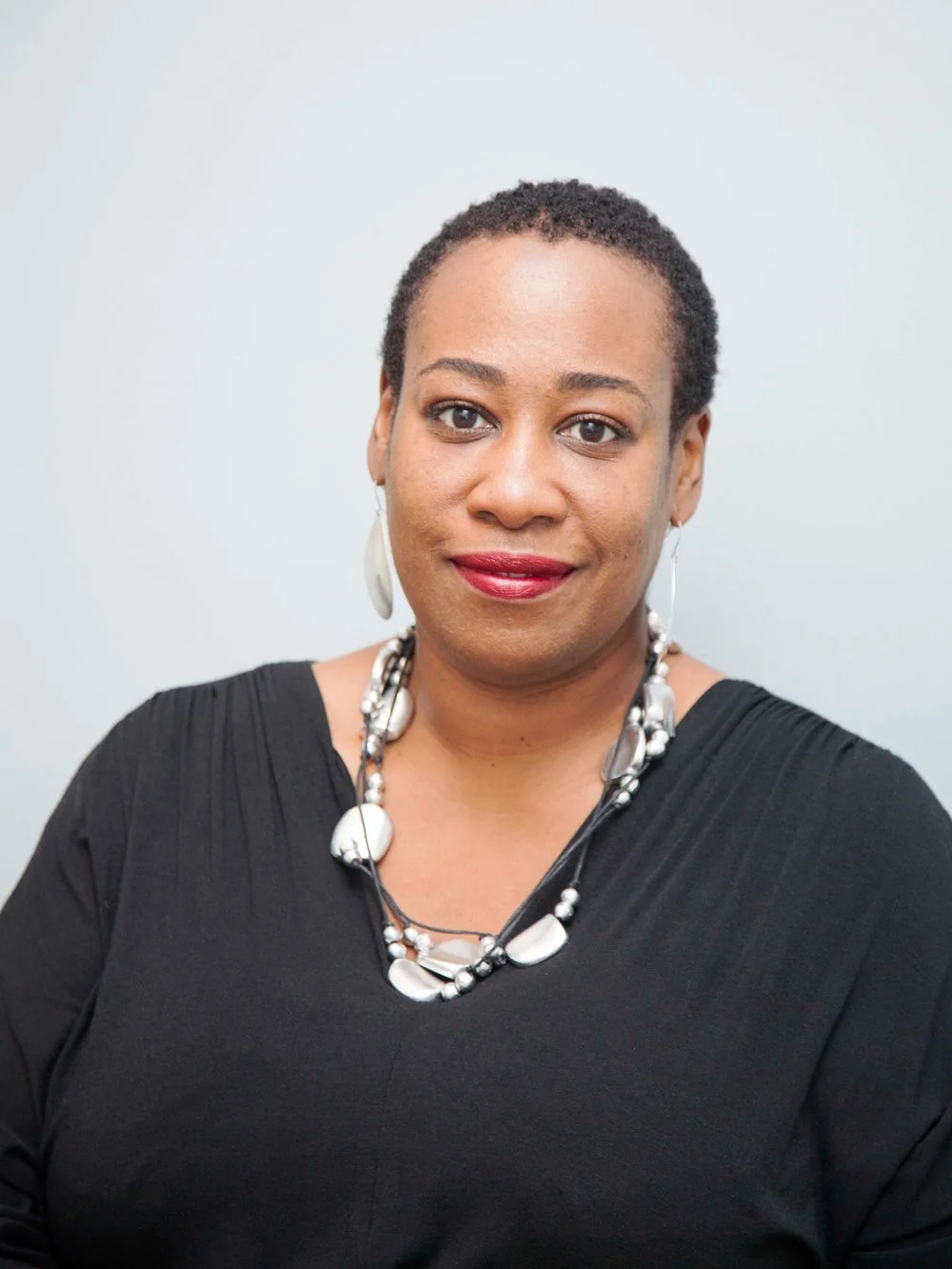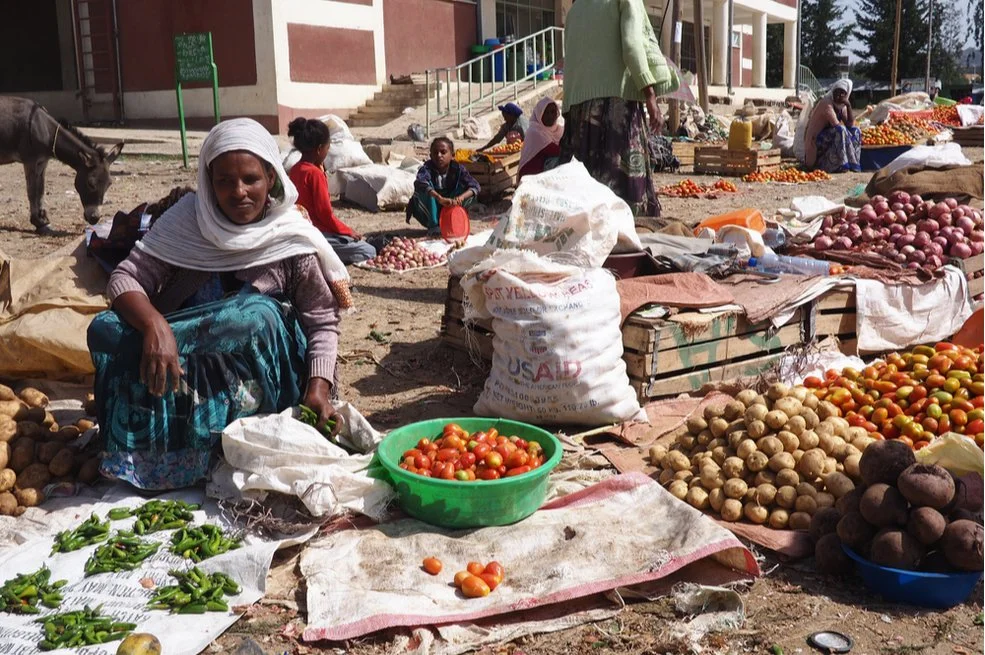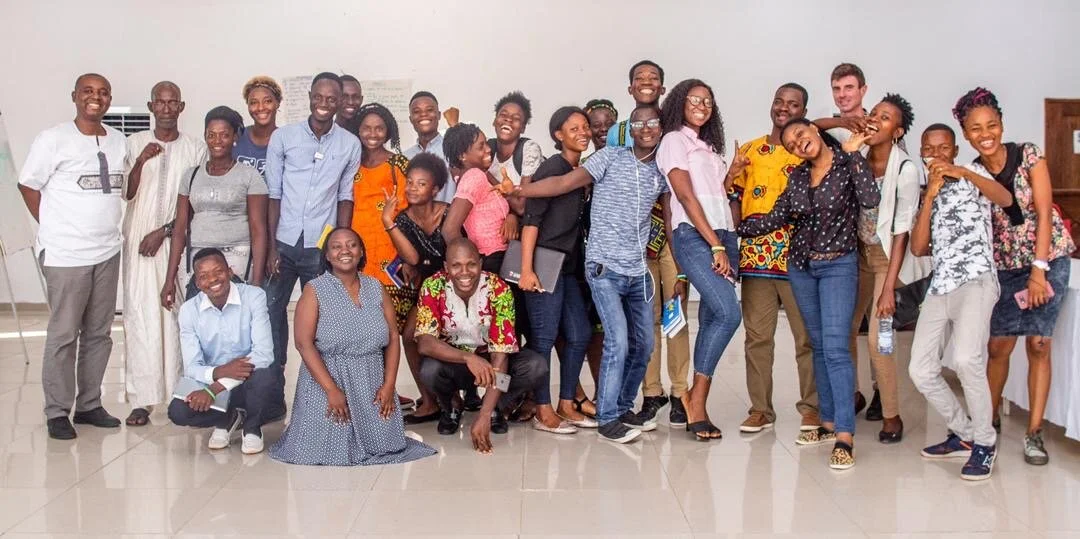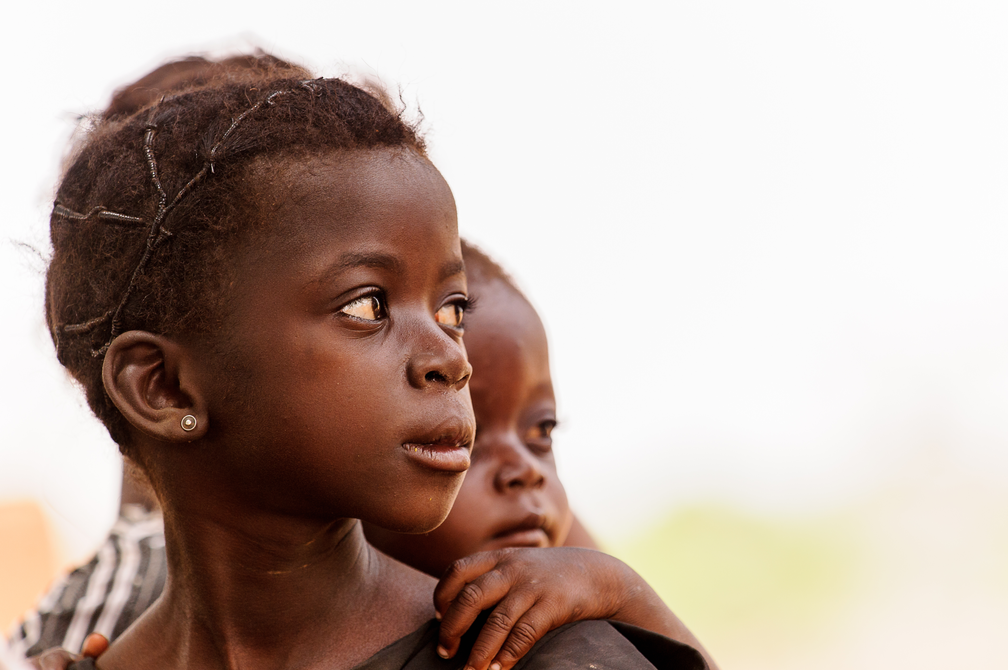From One of the World’s Biggest Foundations, a Push to Help Young Africans Find Work
/Three brothers in Botswana. Lucian Coman/shutterstock
In terms of population, Africa is the fastest-growing continent in the world. The U.N. predicts that half of the global population growth between now and 2050 will take place there, and that the population of sub-Saharan Africa will double. That cohort skews young and female, and is poised to create consequences in the decades ahead.
One of those consequences is the growing gap between meaningful employment and employability within the continent. The International Monetary Fund (IMF) reports that by 2035, more young people will be joining Africa’s workforce each year than the rest of the world combined. In the next decade or so, their numbers will swell to 375 million. Currently, an estimated 80 percent of Africans make their living informally, through a variety of subsistence activities. Most young people make less than $10 a day.
This demographic and economic challenge has been on the radar of some funders for years, as we’ve often reported. Vast numbers of young people with no good prospects for jobs and opportunity is a recipe for political instability, and could also greatly accelerate outward migration that destabilizes other parts of the world, as we’ve seen in Europe in recent years. At the same time, countries with young populations are better positioned to grow economically—if their workforces have opportunities and skills.
The Mastercard Foundation is working to bolster the economic future of Africa’s youth by funding in the areas of education and financial inclusion, creating pathways for opportunity. It’s not the only funder that’s worked in this space—we’ve also written about related grantmaking by IBM, the Coca Cola Africa Foundation and the Rockefeller Foundation—but the Mastercard Foundation is among the biggest players engaging this challenge.
One of the Largest Foundations in the World
The foundation was created in 2006 by Mastercard International on the day of its initial public offering, and has since become one the largest foundations in the world, reporting assets of $17.4 billion at the end of 2018. The foundation operates separately from the company, and its governance is entirely independent. The board is composed of luminaries like President Festus Mogae, who once led Botswana, and the honorable Louise Arbour, who served as the United Nations special representative for international migration. The company itself does not have a seat at the table.
In 2009, the Mastercard Foundation decided to focus its funding on Africa, and it has been working to improve employment prospects for the continent’s young people for a number of years. In 2015, it hosted its inaugural Young Africa Works Summit to help develop youth-based solutions in the agricultural sector. A few years later, the foundation took stock of its first decade of funding in Africa, saying it had discovered three things: that increasing employment reduces poverty, that young people struggle to find work, and that financial inclusion creates jobs. In 2017, the foundation decided to shift its focus to youth employment programs, and take a country-based approach.
Last year, it launched a Young Africa Works strategy with the ambitious goal of helping 30 million African youth find meaningful work. By youth, the foundation means young Africans between the ages of 12 and 35, representing all levels of education, life experience, gender and geography. That said, gender leans heavily female—nearly 70 percent of the targeted group.
The foundation is currently working in 29 countries across the continent. Young Africa Works is doing a deeper dive into 10 of them to inform its engagement. Country-specific strategies aim to improve the quality of education and vocational training, use technology to connect employees with the labor pool, and give small businesses and start-ups access to financial tools.
An Expanding Effort
As previously reported in Inside Philanthropy, the foundation initially rolled out the program in Rwanda, with a focus on improving job readiness through secondary education and skills training for employment in the hospitality and tourism industries. The second country of concentration was Kenya, with programming that prioritized opportunities in agriculture, manufacturing, housing and healthcare.
Ghana makes three. Recently, the foundation announced a five-year, total $200 million commitment to Young Africa Works in Ghana. The foundation’s holistic research there identified significant employment potential in a number of sectors: tourism and hospitality, agriculture and overall digital technology.
The Mastercard Foundation’s partners in Ghana include CAMFED, Ashesi University, IFC and Kwame Nkrumah University of Science and Technology. Chief Program Officer Peter Materu says the foundation has “learned the value of co-creation and listening, and the importance of aligning activities with the national priorities of government” through its partnerships.
Materu also said the foundation will be in a total of seven countries by year’s end, including Senegal, Uganda, Nigeria and Ethiopia. That means that young people in four more countries will be able to match meaningful work opportunities with the skills they need to succeed.



































